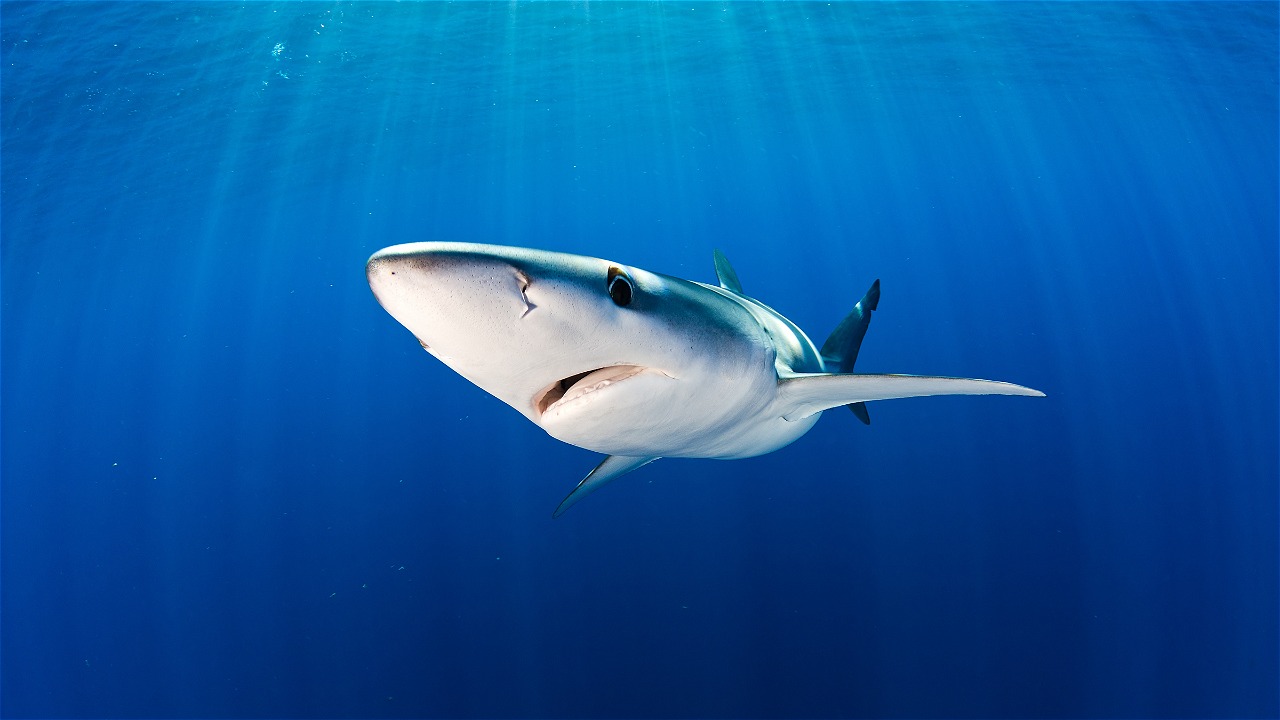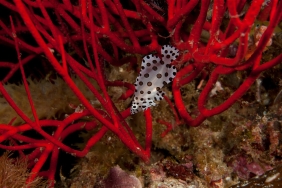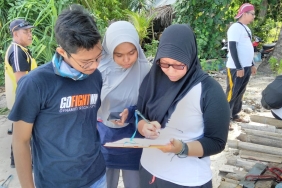OPEN LETTER TO RESTAURANTS AND HOTELS ON SERVING SHARK-FREE ALTERNATIVE DISHES
Ahead of the Chinese New Year celebrations, WWF-Indonesia invites hotels and restaurants that still offer and serve shark-based dishes to provide alternative menus with healthier and more environmentally friendly ingredients. WWF-Indonesia believes that hotel and restaurant chains can still satisfy their customers even if they no longer serve shark-based dishes.
A survey conducted by WWF-Indonesia in December 2015 found that at least 30 percent of 135 respondents from star hotels and restaurants in DKI Jakarta still offer shark-based menus. While a previous WWF-Indonesia survey in 2014 showed the consumption of shark fins in restaurants in Jakarta was at least 15,000 kg per year. FAO records in 2010, Indonesia was the country that exported the largest shark, reaching 100,000 tons per year.
2 to 3 sharks die every second as a result of poaching in the world's waters, mostly to meet demand for ingredients in food and traditional medicine. With the shark's slow reproductive ability, only giving birth to 5-10 pups in two to three years, the existence of shark populations in nature is threatened. In fact, sharks are apex predators in the marine ecosystem that have a role in maintaining the stability of the marine ecosystem. Often the fate of a shark ends up on a dinner plate at a fancy banquet.
Since the dawn of gastronomy, shark-based dishes have been considered exotic because they are often accompanied by myths about their properties and flavors. Few care that the extinction of sharks will impact the health of the marine ecosystem, one of the ecosystems that sustain our lives. The 2009 Bulletin of the Food and Drug Monitoring Agency (BPOM) (http://bit.ly/1AVDyse) also states the dangers of mercury contaminants to health where sharks have the highest mercury content of 1-4 ppm. Mercury contaminants that enter the human body will mostly be deposited in the kidneys and can cause damage to the central nervous system, kidneys and liver.
A petition on change.org to stop all forms of promotion, consumption and sale of shark-based products has received the support of more than 14,000 people from May 2013 to mid-2015. The DKI Jakarta Provincial Government has also appealed to all businesses and the public not to provide and consume shark-based products through the DKI Jakarta Provincial Governor's Call Number 7 of 2014 concerning the Protection of Sharks and Manta Rays in the DKI Jakarta Provincial Area.
Let us together conserve natural resources and biodiversity which are assets for current and future generations. WWF-Indonesia would like to thank you for the support that will be given to shark conservation efforts in Indonesia
Greetings sustainability,





